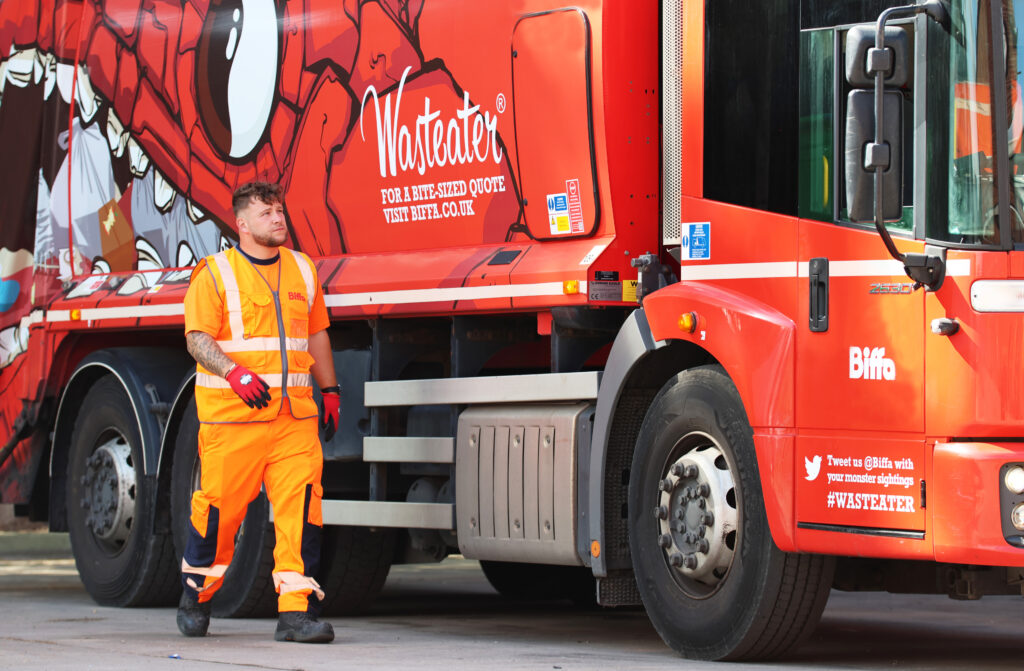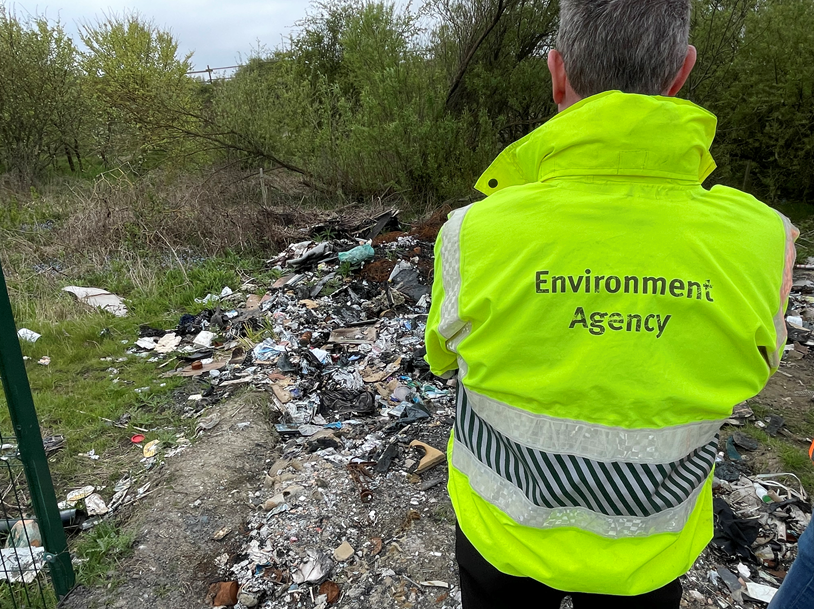Greater community buy-in for waste infrastructure projects could help overcome current problems presented by the existing planning system, according to SITA UK and the Policy Exchange think tank.
I think we could take some parallels perhaps from some other industries [to incentivise community buy-in
David Palmer-Jones, chief executive, SITA UK
Speaking at a Policy Exchange fringe event at the Liberal Democrat Party conference earlier this week (September 20), members of parliament and delegates heard how there was a need for the coalition government to “reconnect with communities” on planning issues to encourage greater support for waste projects.
David Palmer-Jones, chief executive of SITA UK, built on his previous warning of a “time-bomb” in the planning system (see letsrecycle.com story), to suggest that local opposition to waste infrastructure projects could be overcome by closer working with communities to ensure “greater community benefit”.
“It is a community need, it is the community's waste.” he said. “If we are going to move to a different form of society, my opinion is that we need to incentivise building this infrastructure within those communities and we need to reconnect with those communities in a completely different way.
“I think we could take some parallels perhaps from some other industries. I think the wind industry in terms of renewables has started to do some quite interesting things in terms of incentives – in terms of giving the final turbine to the local community to create a fund and that is exactly what I think we need to do with regards to waste infrastructure.”
And, Mr Palmer-Jones said that councils should be able to garner financial rewards from waste projects being situated in their vicinity. He suggested that the money could then be used to develop community projects such as parks or computers for local schools.
“Perverse”
Mr Palmer-Jones' concern over issues surrounding planning applications for waste projects was echoed by Dr Robert McIlveen, research fellow at the environment and energy unit of the Policy Exchange.
He said: “The planning and consents system is highly unconducive to helping [development] and making people happy and for people to be able to host waste infrastructure.”
Furthermore, Dr McIlveen branded plans to fast-track larger waste-to-energy projects, such as those that produce over 50MW of energy as “perverse”, as he claimed that it would encourage proposals to increase in size and “no one will be happy”.
However, Matt Thomson, head of policy and practice at the Royal Town Planning Institute, refuted the claim that the planning system was at fault for waste projects being delayed or rejected. He said that it was “political values and community values” that posed more of an issue.
And, Mr Thomson questioned whether incentivising communities to adopt waste infrastructure “reinforced the negative image of the waste industry” and claimed it would be more positive to communicate to the local area that the developments would “not have the impact they think they have”.
In response, Mr Palmer-Jones said: “I don't think there is the negative connotation between the two, I don't honestly believe that to be the issue.”








Subscribe for free